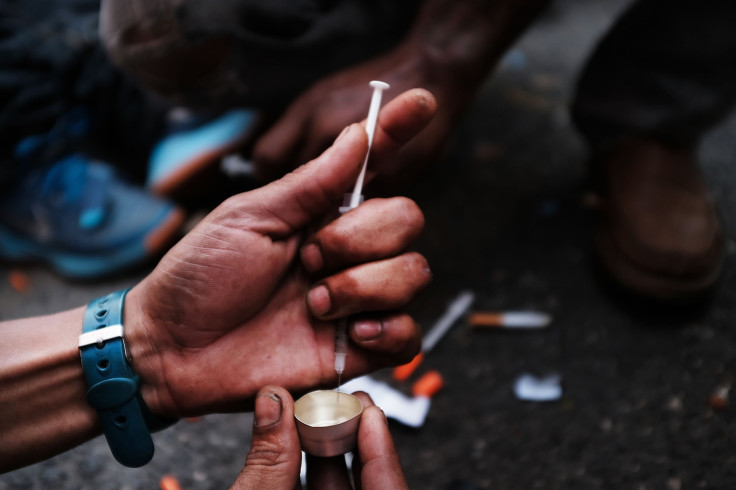San Francisco Drug Overdose Deaths Exceed 300 In 2019
KEY POINTS
- San Francisco drug deaths exceeded 300 in 2019
- The uptick is driven largely by fentanyl
- Experts are proposing harm reduction and buprenorphine prescriptions as a solution
San Francisco could be facing an epidemic of fatal drug overdose. Last year drug deaths in the city surpassed 300, according to data released by the City’s Department of Public Health.
The San Francisco Examiner reports that the three-year increase has been driven largely by the synthetic opioid fentanyl, a drug which is exponentially more powerful than heroin and pure morphine. While the city experienced a brief decline in overdoses, dropping to 186 in 2016, there has been a steady rise in the deaths ever since: 222 in 2017, 259 in 2018 and in 2019 there were at least 330, the Health Commission disclosed.
For the past 15 years, overdoses due to cocaine, meth and opioids have stayed around 200; however, fentanyl has dramatically moved the needle in recent years, as it has in other American cities.
“With the second half of 2018 and progressing into at least the first half of 2019 we are seeing escalating deaths,” Dr. Phillip Coffin, the Department of Public Health’s director of substance research, told the Health Commission last week. “They are generally driven by fentanyl.”
There were at least 162 overdoses related to fentanyl-laced drugs in the city in 2019. Testimony from Coffin to the commission indicated that people who were using fentanyl were choosing to do so. One of the strategies being employed to counteract fentanyl’s potency and curtail overdoses is the harm-reduction tactic of getting people to smoke it rather than snort it, claiming that injecting it carries the highest risk of fatal overdose. The city has also worked to expand accessibility to the overdose-reversal drug naloxone and as well as buprenorphine prescriptions.
Many opponents of harm reduction continue to rail against the strategy saying that it creates a permissive culture of drug abuse and drives overdose fatality up even more in the long run.

© Copyright IBTimes 2025. All rights reserved.





















